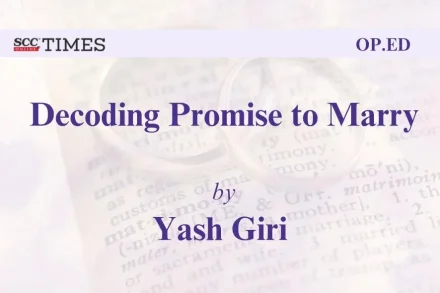
Decoding Promise to Marry
by Yash Giri*

by Yash Giri*
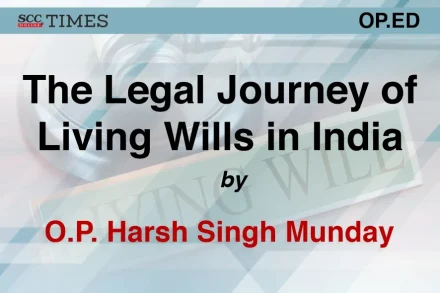
by O.P. Harsh Singh Munday*
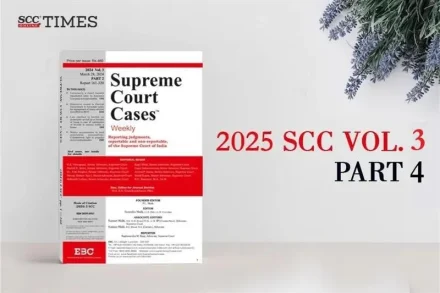
Criminal Procedure Code, 1973 — S. 439 — Grant of bail: Effect, when respondent-accused committed similar offence during bail
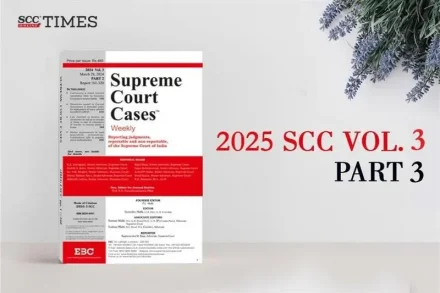
Civil Procedure Code, 1908 – Or. 6 R. 17 – Amendment of plaint — Continuous cause of action
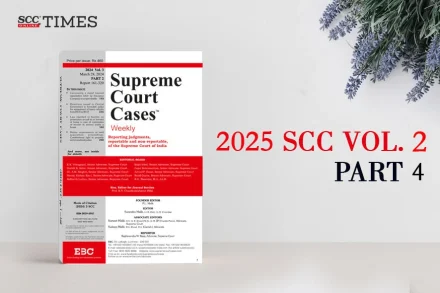
Criminal Procedure Code, 1973 — S. 319 — Summoning of additional accused: Principles of law
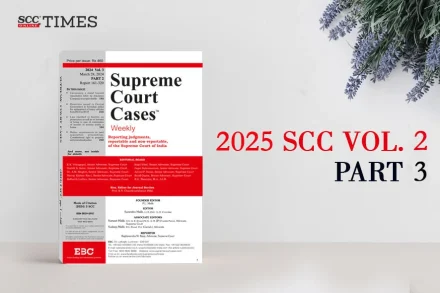
Arbitration and Conciliation Act, 1996 — Ss. 7, 34 and 37 — Arbitration agreement — Bindingness of, on non-signatory — Group of Companies Doctrine
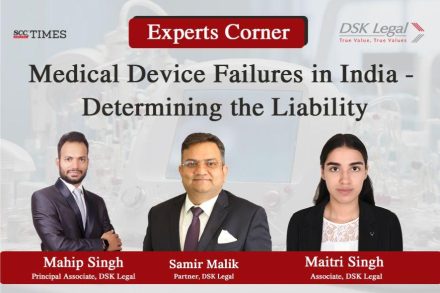
by Mahip Singh*, Samir Malik** and Maitri Singh***
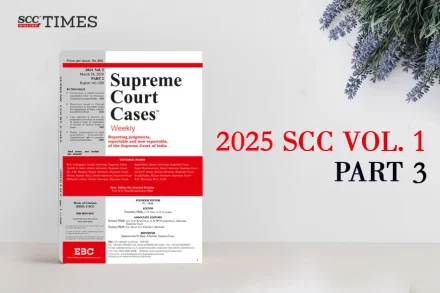
Conversion rate of foreign currency for computation of awarded amount must be considered
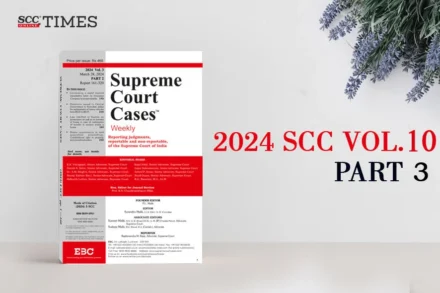
Criminal Procedure Code, 1973 — Ss. 235(1) and (2) — Reopening of judgment of conviction: As per S. 235, a judgment of conviction, held
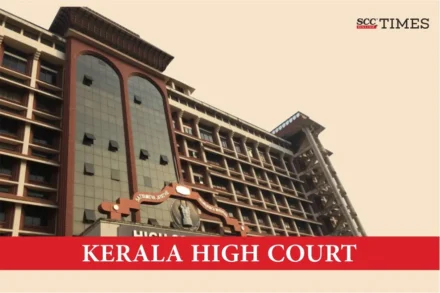
“Based on the statement of a lady, that also after 17 years, the present case is registered. It is true that the investigation is going on. But, everybody must remember that the pride and dignity is not only to woman, but to men also.”
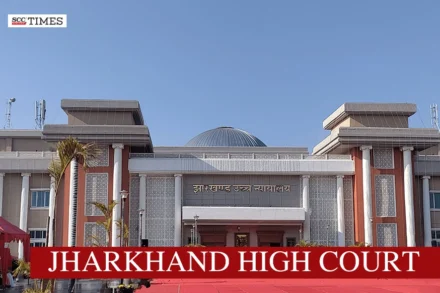
In the present case, there are concurrent findings that the accused persons abused the informant while he was discharging his duty in his office-cum-chamber and insulted him before public and subordinates. Further, the informant was pressurized to issue death certificate, which he was otherwise not agreeable to issue, after explaining the reasons.
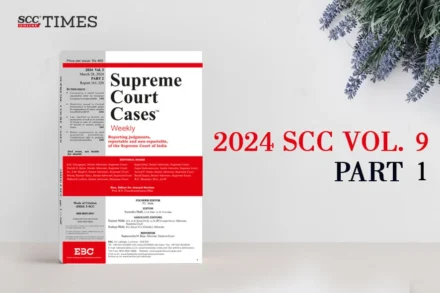
Civil Procedure Code, 1908 — Or. 7 R. 11(d) — Suit or application whether barred by limitation — When no limitation provided for — Power

The present case is the most brutal, barbaric, and gruesome murder of a 60-year-old mother by her son on 28-08-2017 at Makadwala Vasahat, Kolhapur, where her body parts, i.e., liver, intestine, heart, rib and breast were eviscerated outside
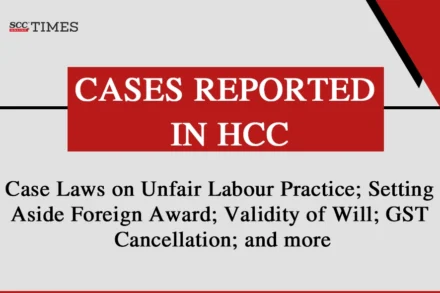
An update on new additions of case laws to SCC’s High Court Cases volume.
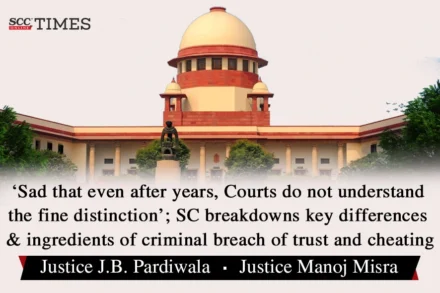
“For cheating, criminal intention is necessary at the time of making a false or misleading representation i.e., since inception. In criminal breach of trust, mere proof of entrustment is sufficient. Thus, in case of criminal breach of trust, the offender is lawfully entrusted with the property, and he dishonestly misappropriated the same. Whereas, in cheating, the offender fraudulently or dishonestly induces a person by deceiving him to deliver any property.”
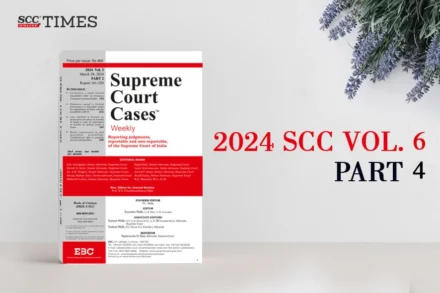
Arbitration and Conciliation Act, 1996 — Ss. 34 and 37 — Interference with award by Court: Law regarding limited jurisdiction of Court
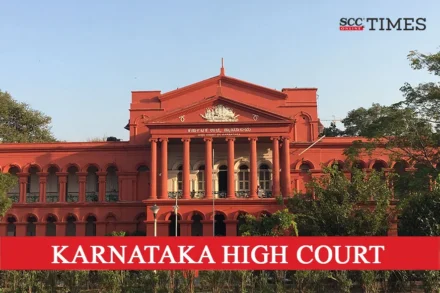
Perusing relevant provisions of Guardianship Act, the Court pointed out that a father is a natural guardian of a minor in the absence of any order otherwise passed by a Court of competent jurisdiction.

The Court opined that the applicant has a bright future and is apprehensive of the stigma of conviction that may ruin his future, therefore, it was expedient to release him on probation under the Section 4 benefit
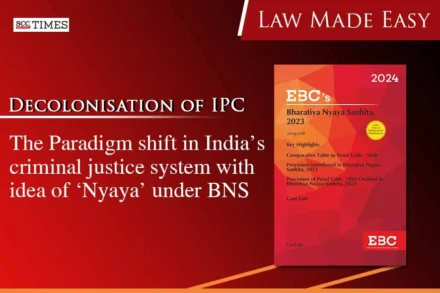
The Bharatiya Nyaya Sanhita, 2023 flows in the right direction, replacing the Penal Code, 1860 and is enforced from 01-07-2024.

“Though the charge sheet is filed after due investigation without prior permission of the Court and that the Magistrate has accepted the charge sheet and taken the cognizance, it does not mean that permission is granted by the Magistrate to investigate such non-cognizable offence.”